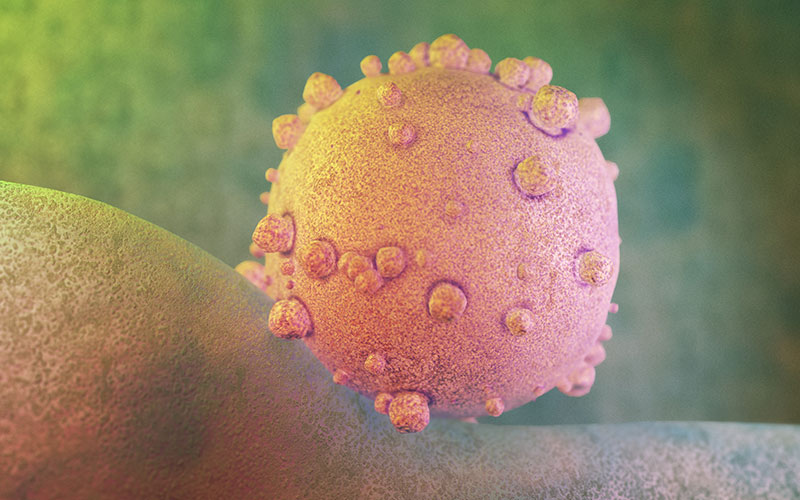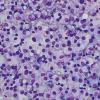An international team of scientists has revealed how aggressive pancreatic cancer cells change their environment to enable metastasis – the main cause of pancreatic cancer-related death.

They discovered that some pancreatic tumours produce more of a molecule called “perlecan” to remodel the environment around them, which helps cancer cells spread around the body, and protects them against chemotherapy.
In a mouse model, the researchers showed lowering the levels of perlecan revealed a reduction in the spread of pancreatic cancer and improved responses to chemotherapy.
The research may provide a promising new path to more effective treatment options for individuals with pancreatic and other cancers.
The work was led by Associate Professor Paul Timpson, Head of the Invasion and Metastasis Laboratory, and Dr Thomas Cox, Leader of the Matrix and Metastasis Group, at the Garvan Institute of Medical Research.
Professor Timpson said: “Pancreatic cancer is very aggressive, and by the time most cases are diagnosed, the tumour is often inoperable.
“What we’ve discovered in this study is a two-pronged approach for treating pancreatic cancer that we believe will improve the efficiency of chemotherapy and may help reduce tumour progression and spread.”




